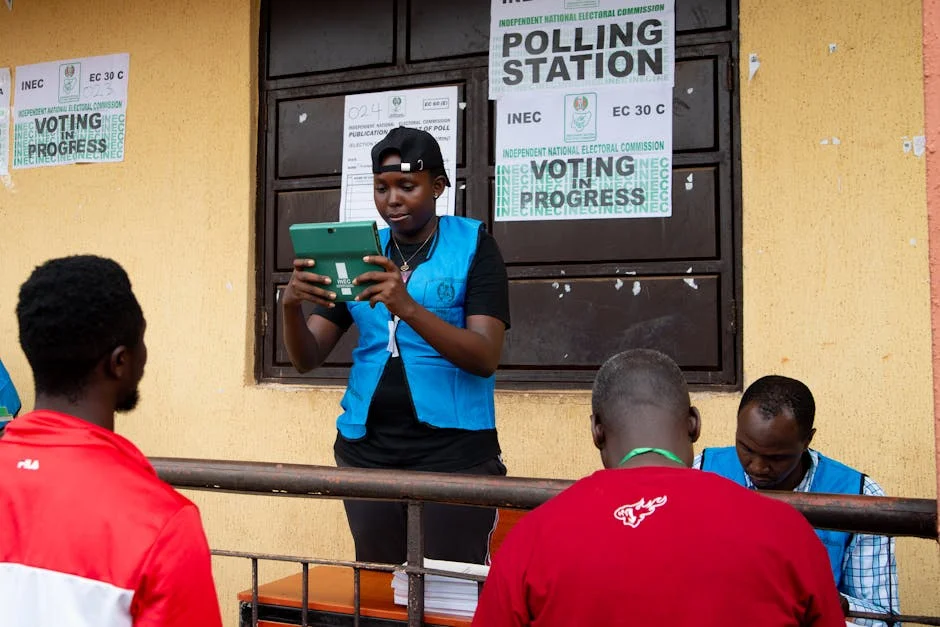In response to the recent military coup in Niger Republic, the Economic Community of West African States (ECOWAS) has taken a decisive step by imposing a no-fly zone over the country.
This measure, announced during an urgent meeting, aims to curtail the junta’s influence and maintain regional stability in the face of escalating tensions caused by the attempted takeover.
With both air and land border closures, this move signifies a resolute stance by ECOWAS to restore constitutional order in Niger.

A no-fly zone is a restricted area of airspace where aircraft, including manned and unmanned aerial vehicles, are prohibited from flying without special authorization.
The measure is often enforced for military, security, safety, or privacy reasons and serves as a tool to prevent aerial support and communication for parties involved in conflicts or political upheavals.
The imposition of a no-fly zone by ECOWAS over Niger is a significant action taken to counter the influence of the military junta, which has recently attempted to seize control of the country.
By restricting airspace access, ECOWAS seeks to hinder any potential allies from providing aerial support to the junta and to prevent further escalation of the crisis.
The move also demonstrates the regional body’s commitment to upholding the legitimacy of President Mohamed Bazoum’s government and protecting the democratic principles of Niger.
The imposition of a no-fly zone serves as a powerful tool to contain the military junta’s actions and prevent external support.
By limiting their ability to move and communicate freely in the airspace, the junta’s options for consolidating power may be restricted. T
his action complements other measures, such as financial sanctions, aimed at putting pressure on the junta to cede power and restore constitutional order. ECOWAS’ stance underscores its determination to reinstate democratic governance and stability in Niger.
While the no-fly zone is intended to promote peace and stability, it could also have wider implications for Niger and the broader African region.
The junta’s defiance in the face of ECOWAS’ demands may lead to prolonged instability and possible isolation of the country.
Furthermore, if the situation deteriorates, the regional body may resort to more forceful measures, which could potentially escalate the crisis further.
GOOD EVENING NIGERIAhad earlier reported that ahead of the Sunday summit, the military leaders in Niger on Saturday night, warned in a statement read on Niger national television on Saturday night against any military intervention.
“The objective of the (ECOWAS) meeting is to approve a plan of aggression against Niger through an imminent military intervention in Niamey in collaboration with other African countries that are non-members of ECOWAS, and certain western countries,” junta spokesman Colonel Amadou Abdramane said.
“We want to once more remind ECOWAS or any other adventurer, of our firm determination to defend our homeland,” he said.
Nevertheless, effectiveness of this measure could set a precedent for addressing political crises in other parts of Africa.
Neighboring countries and the international community are closely monitoring ECOWAS’ actions, as the imposition of a no-fly zone signals a strong commitment to democratic principles and collective security.
No-fly zones are a relatively new phenomenon that emerged after the Cold War. Since the early 1990s, the U.S. and allies have declaredfour bans of this kind. There have been many other instances in which the U.S. considered, but never implemented,no-fly zones.
The U.S., United Kingdom and France first implementedtwo no-fly zonesagainst Iraq following the first Gulf War. These bans lasted from 1991 to 2003.Operation Provide Comfort, in northern Iraq, later renamed Operation Northern Watch, sought to protect Kurdish communities in that region of Iraq from attacks carried out by Saddam Hussein’s regime.
Operation Southern Watch,established slightly later and in the country’s south, was designed, in part, to provide protection to the Shia population in southern Iraq.
Other instances of no-fly zones includeOperation Deny Flight,a NATO-led effort to protect civilians from attacks during the Bosnian war from 1993 to 1995.
The U.N. Security Council alsobacked a no-fly zonein Libya during the country’s 2011 civil war. A NATO-led military coalition intervened in Libya to enforce this U.N. resolution.
No-fly zones have never stopped a war. In Bosnia in the 1990s, NATO-led no-fly zones may have reduced the Serbs’ opportunities to attack Bosnian Muslims and others. But it is extremely hard to determine the number of civilians lives saved by past airspace bans.
Libya, 2018 and 2019
A no-fly zone was declared by the Libyan National Army (LNA) over the country’s south during the LNA’s offensive in the region in 2018.
It was later re-implemented for 10 days in 2019 as the LNA established control over oil fields in the region. The LNA declared another no-fly zone across the country’s west during the 2019 Western Libya offensive.
While No-fly Zone had once been placed on an African country (Libya), this is the first time ECOWAS will impose it on its member state.
In conclusion, ECOWAS’ decision to impose a no-fly zone over Niger in response to the military coup is a resolute step towards restoring constitutional order and regional stability.
As the situation unfolds, the regional body’s actions will be closely watched, and the repercussions of this measure on Niger and Africa at large remain uncertain.
The path to peace and democracy in Niger lies in the success of these measures and the collective efforts of the international community to support the reinstatement of legitimate governance in the republic.



